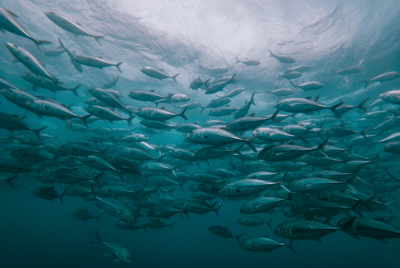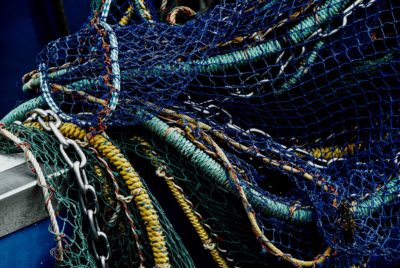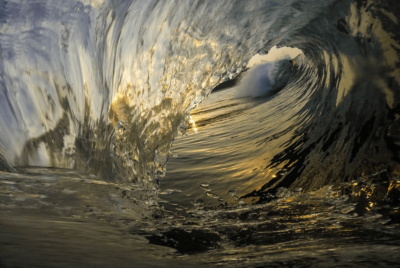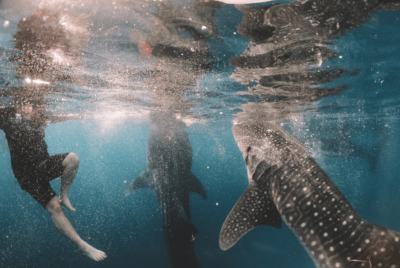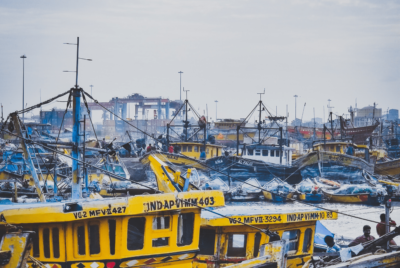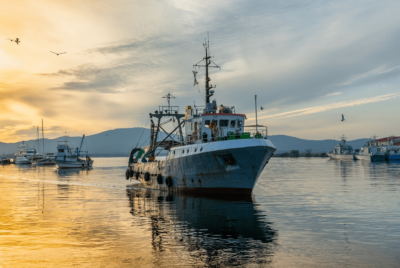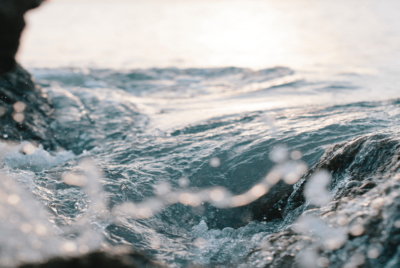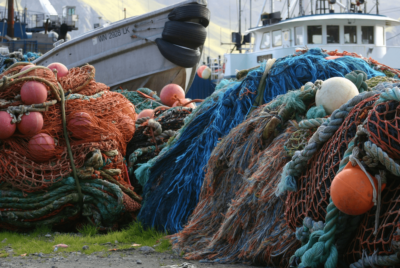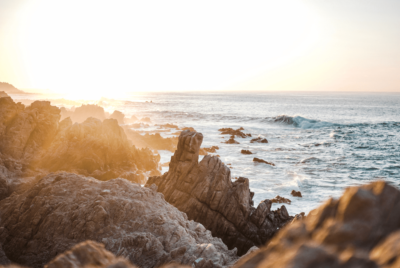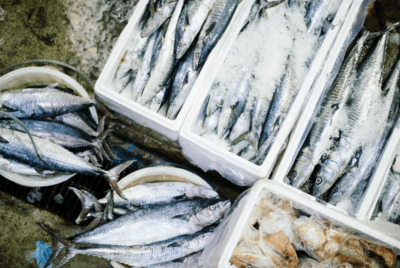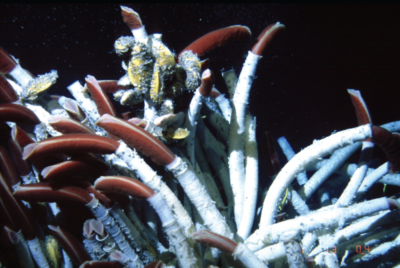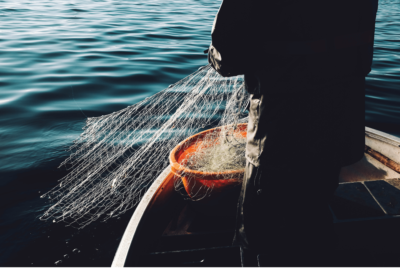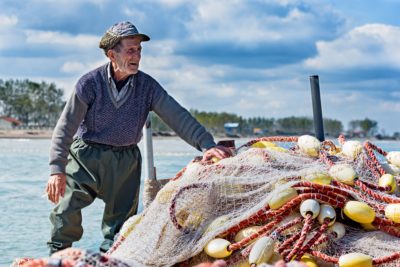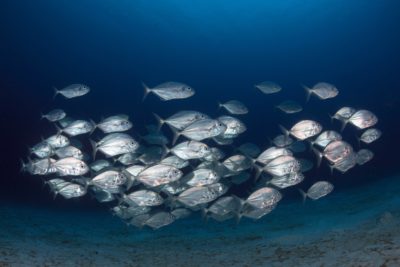News
Topics
Year
In light on the new UN ocean treaty, Nereus member Harriet Harden-Davies and other co-authors highlight the need to address questions about capacity building as a key part of the development of new legal instruments under the BBNJ Agreement (United Nations Convention on the Law of the Sea).
The new Blue Paper “The Human Relationship With Our Ocean Planet”, co-authored by Dr. Yoshitaka Ota, commissioned by the Ocean Panel urges us to recognize the ocean’s role in not just providing material goods, but different forms of wellbeing including cultural identity, knowledge & sense of place and belonging.
Solène Guggisberg was awarded the Gerard J. Mangone Prize 2019 for her article “The EU’s Regulation on the Sustainable Management of External Fishing Fleets: International and European Law perspectives”.
You can now watch a series of presentations given by Nereus Program research fellows describing their work in Nereus Program’s “Predicting Future Oceans” book. It is an encapsulation of a decade’s worth of ocean research done by Nereus Program, made freely available for the public to watch on YouTube.
Andrés Cisneros-Montemayor (UBC) is lead author on a new study published in Advances in Marine Biology that focuses on shark ecotourism, and how it acts as an economic driver for different locations in Mexico.
Nereus Program Network Director Andrés M. Cisneros-Montemayor is lead author on a new study published in Natural Resources Forum, “Nature-based marine tourism in the Gulf of California and Baja California Peninsula: Economic benefits and key species”.
Andrés Cisneros-Montemayor is lead author with co-authors William Cheung, Muhammed Oyinlola, Gerald Singh, Wilf Swartz and Yoshitaka Ota on a new paper in Marine Policy – “Social equity and benefits as the nexus of a transformative Blue Economy: A sectoral review of implications”.
Andrés Cisneros-Montemayor (UBC) and U. Rashid Sumaila (UBC) are co-authors on a new paper in Marine Policy – “Busting myths that hinder an agreement to end harmful fisheries subsidies”. You can read an overview of the paper here, as well as access the original.
School of Marine and Environmental Affairs (SMEA) master’s student Sallie Lau (University of Washington) wrote a blog about her experience at the recent Nippon Foundation Nereus Science Conference. Both English and Chinese versions are posted here.
Vicky Lam (UBC) is a co-author with Rashid Sumaila (UBC), Daniel Pauly (UBC) and others on a new study published in the journal Marine Policy – “Updated estimates and analysis of global fisheries subsidies”.
Several Nereus Program participants are co-authors on a new paper just published in Nature Sustainability – “Towards a sustainable and equitable blue economy”. The authors recommend five priority areas to address to ensure a safe and just future global ocean economy.
Colette Wabnitz (UBC) and Robert Blasiak (Stockholm Resilience Centre) are co-authors on a new paper in the journal Marine Policy – ‘A global assessment of structural change in development funding for fisheries’.
Nereus director (science) William Cheung (UBC) and Thomas Frölicher (University of Bern) are co-authors on the newly released Special Report on the Ocean and Cryosphere in a Changing Climate (SROCC) Summary for Policymakers (SPM). It was approved and presented at the Intergovernmental Panel on Climate Change (IPCC) on September 25, 2019.
Robert Blasiak (Stockholm Resilience Centre), Colette Wabnitz (UBC) and Solène Guggisberg (Utrecht University) are all co-authors on a publication in the Marine Policy special issue on Ocean Finance. Their paper resulted from a two-day workshop focused on the transparency of ocean financial resources, which took place at the Stockholm Resilience Centre in December 2018.
The final Nippon Foundation Nereus Ocean Science Conference was recently held at Princeton University in New Jersey. Nereus Program research fellows, principal investigators, alumni, research associates and guests presented their research and reflected on the culmination of a decade of interdisciplinary research, and what the future holds for the oceans and society.
Colette Wabnitz (UBC) and Robert Blasiak (Stockholm Resilience Centre) are guest editors this month for a special issue on Ocean Finance in the journal Marine Policy. Solène Guggisberg (Utrecht University) also contributes with a paper on funding fisheries projects under the climate change regime.
‘Predicting Future Oceans: Sustainability of Ocean and Human Systems Amidst Global Environmental Change’ is now available. It contains contributions from previous and current Nereus research fellows, associates and Principal Investigators, and covers a diverse span of ocean topics that include marine ecology, biodiversity, economics, fisheries management, seafood supply, climate change and many more.
A new report was just released from the workshop ‘From visions to scenarios for nature and nature’s contributions to people for the 21st century’, which was co-organized by Nereus Program, Peter Wall Institute, and the Intergovernmental Panel on Biodiversity and Ecosystem Services’s (IPBES).
Research fellows Harriet Harden-Davies (University of Wollongong/ANCORS) and Guillermo Ortuño Crespo (Duke University) with Daniel Dunn (Duke University) are co-authors on a policy brief published by IDDRI that aims to strengthen the current high seas management and governance framework to improve marine conservation and sustainability.
Nereus research fellow Harriet Harden-Davies (University of Wollongong/ANCORS) and Rashid Sumaila (UBC) are co-authors on a new paper published in Aquatic Conservation: Marine and Freshwater Ecosystems that identifies necessary measures to restore ocean health for future generations.
Nereus research associate Andrés M. Cisneros-Montemayor (UBC) and director (science) William Cheung (UBC) are co-authors on a recent paper published in the open access journal PLoS ONE that uses metadata to evaluate the current state of knowledge of the ocean, using Mexico as a case study.
Lead author Gerald Singh (University of British Columbia – UBC) with other Nereus Program co-authors recently published ‘Climate impacts on the ocean are making the Sustainable Development Goals a moving target travelling away from us’ in the open access journal People and Nature.
Nereus Program Manager/Research Associate Vicky Lam (University of British Columbia) wrote a blog about using a modeling approach and scenario analysis to help project future biodiversity and ecological scenarios and identify approaches to achieve long-term ecological, economic and socially sustainable ways to utilize marine resources.
Nereus’s Yoshitaka Ota (Director of Policy, University of Washington) and Wilf Swartz (Program Manager, Dalhousie University) are co-authors on a recent article, entitled ‘Corporate Social Responsibility (CSR) Practices of the Largest Seafood Suppliers in the Wild Capture Fisheries Sector: From Vision to Action’. In it they discuss a framework that identifies and categorizes seafood suppliers’ practices based on their approaches to issues in the wild capture fisheries sector.
Nereus Research Associate Andrés Cisneros-Montemayor (University of British Columbia) will give a webinar to a group of young researchers and professionals in Central America on the Blue Economy. This is part of the Leadership Program in the Mesoamerican Reef System, hosted by the Fondo Mexicano para la Conservación de la Naturaleza.
Nereus Program Manager and Research Associate Andrés M. Cisneros-Montemayor (University of British Columbia) recently co-authored an article titled ‘Managing at Maximum Sustainable Yield does not ensure economic well-being for artisanal fishers’. In the article the authors discuss potential reasons for why it may be difficult for artisanal fishers to escape poverty, even with improved fisheries management and practices.
The Blue Economy consists of new marine-based industries that could provide alternatives for isolated or marginalized coastal communities to improve their well-being, and ocean health overall. However, this once equitable and sustainable concept has gradually lost its focus and is shifting toward more conventional industrial development.
An international team of researchers has developed a comprehensive set of criteria to help the International Seabed Authority (ISA) protect local biodiversity from deep-sea mining activities. These guidelines should help identify areas of particular environmental importance where no mining should occur.
The United Nations’ Sustainable Development Goals are an admirable set of targets set out to achieve a better world–but how do they interact with each other? Are some more pivotal to the success of all? Possibly.
Fish are being driven from their territory at a rate of 70 km per decade, which could accelerate. In a paper published in Science yesterday, an interdisciplinary team of Nereus researchers describe how many species will be pushed across national and other political boundaries in the coming decades.
The most prevalent seafood supply chain is the shortest one: from the ocean to the plate. And that’s the one we have the least information on. Small-scale fisheries are vital to coastal communities around the world, but their contributions to global harvests are severely underestimated.
The excitement around Sustainable Development Goals has faded somewhat since the United Nations meeting in 2015, and now comes the less inspiring dirty work of analysis and policy-setting to achieve them.
Mexico recently released its budget for 2017, and among the top five largest cuts were environmental protection (down by 37%), culture (-30%), and education (-11%). Political rhetoric aside, these cuts reflect a continuing view of these issues as minor, long-term, or otherwise less important or pressing.
“After climate change, fishing is the biggest impact humans will have on the oceans. But we have very a limited understanding of what happens beyond the horizon.
This chapter explores recent and future impacts of rapid temperature changes in the North Sea, identified as a ‘hot spot’ of climate change, with respect to biological, operational, and economic concerns in fisheries.
Nereus Program research featured in Global News, CBC Radio Canada, Metro News, and CKNW AM 980.
Global fisheries could lose approximately $10 billion of annual revenues by 2050 if climate change continues at current rates, and countries most dependent on fisheries for food and livelihoods will feel more of the effects, finds new Nippon Foundation-Nereus Program research published today in Scientific Reports.
Explaining Ocean Warming is a comprehensive report produced by the International Union for Conservation of Nature (IUCN) looking at the impacts of warming on ocean life, ecosystems, and goods and services. The report is the work of 80 scientists from 12 countries, launched during the IUCN World Conservation Congress, September 1-10 in Hawaii. Nereus Program research was contributed to two chapters within the report.
The Nereus Program was created to look at ocean questions that need input from experts on a range of topics from around the world. This past May 30 to June 3, nearly 50 of these experts gathered at the University of British Columbia for the Nereus Program Annual General Meeting.
Japanese call it shun (?), the seasonality of food. It refers to the time of year when a specific type of food is at its peak, either in terms of harvest or flavour. It is not unique to Japanese culture, as The Byrds reminded us in the mid-1960s with their, now classic, rendition of “Turn! Turn! Turn! (to Everything There Is a Season).”
The Fifth Assessment Report of the Intergovernmental Panel on Climate Change (IPCC), released in 2013 and 2014, highlighted the vulnerability, impacts and adaptation of marine systems to climate change and ocean acidification.
Nereus Program research and interviews featured in Vox, Deutschlandfunk, and Toronto Star.
OceanCanada Research Director Rashid Sumaila and his collaborators from the UBC Global Fisheries Cluster (Sea Around Us and the Nereus Program) have published an updated estimate of global fisheries subsidies in the international journal Marine Policy. The researchers found that the global fishing industry is being supported by $35 billion yearly in government subsidies, the majority of these, upwards of $20 billion annually, promote increased capacity that can lead to harmful impacts such as overfishing.


